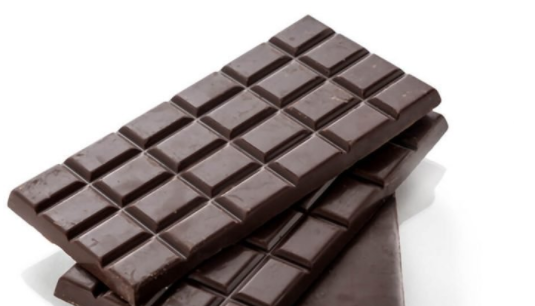Researchers have found that certain compounds found in cocoa can help the body produce more insulin, thereby delaying the onset of type-2 diabetes.
Insulin is the hormone that manages glucose, the blood sugar that reaches unhealthy levels in diabetes.
According to Brigham Young University researchers, cocoa can actually help the body to process increased blood glucose better.
Jeffery Tessem, the study author said, “You probably have to eat a lot of cocoa, and you probably don’t want it to have a lot of sugar in it. It’s the compound in cocoa you’re after”.
The failure of beta cells is what leads to the decline in insulin production.
The new study, published in the Journal of Nutritional Biochemistry, showed that beta cells work better and remain stronger with an increased presence of epicatechin monomers, compounds found naturally in cocoa.
The researchers, after feeding animals on a high-fat diet with the cocoa compound, discovered that it decreased the level of obesity in the animals and increased their ability to deal with increased blood glucose levels.
“What happens is it’s protecting the cells, it’s increasing their ability to deal with oxidative stress,” Tessem said.
“The epicatechin monomers are making the mitochondria in the beta cells stronger, which produces more ATP (a cell’s energy source), which then results in more insulin being released.”
Andrew Neilson, a study co-author, said, “These results will help us get closer to using these compounds more effectively in foods or supplements to maintain normal blood glucose control and potentially even delay or prevent the onset of type-2 diabetes.”
The researchers believe the extraction of the compound in cocoa could help in finding a potential treatment for diabetic patients.
Copyright 2025 TheCable. All rights reserved. This material, and other digital content on this website, may not be reproduced, published, broadcast, rewritten or redistributed in whole or in part without prior express written permission from TheCable.
Follow us on twitter @Thecablestyle

